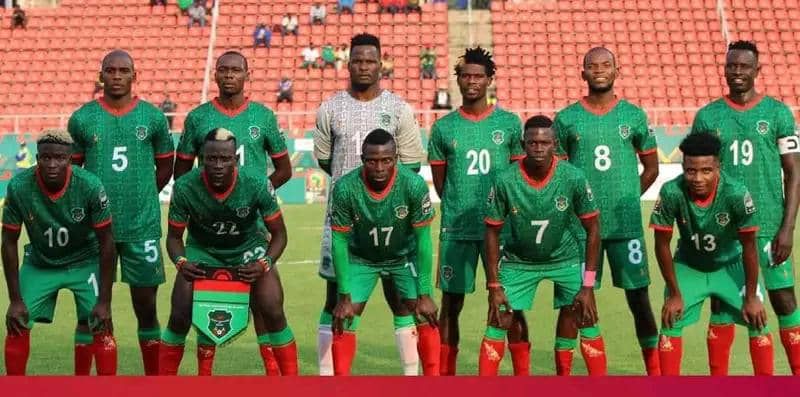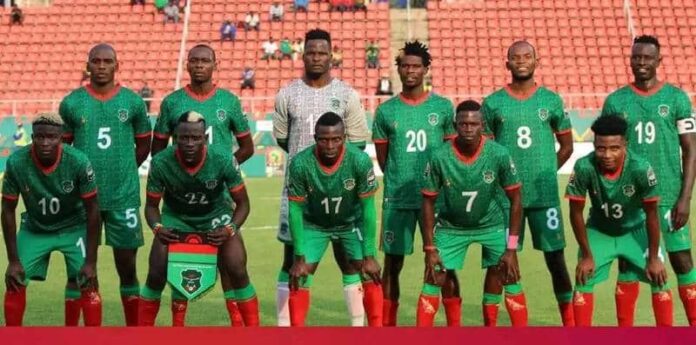By Burnett Munthali
Malawian football continues to face numerous challenges that hinder its growth and international competitiveness.
One of the most persistent problems is the lack of proper infrastructure, including poor stadium conditions, inadequate training facilities, and limited access to quality equipment.
Many clubs operate without their own training grounds, forcing players to practice under substandard conditions that limit performance and development.

Another major challenge is the insufficient funding from both government and private sectors.
Football clubs often struggle to meet operational costs, pay players’ salaries, and invest in youth development programs.
This financial instability discourages talent retention, with many promising players abandoning their football careers due to economic hardships.
The league structure itself also presents a challenge, with inconsistent match scheduling and weak administrative capacity affecting the overall quality of competition.
Corruption and mismanagement within football governing bodies have further undermined the credibility and progress of the sport.
In addition, there is a glaring gap in talent development, with grassroots and school football receiving minimal attention and investment.
Without strong youth structures, Malawi cannot build a pipeline of skilled players for domestic and international success.
Coaching standards remain relatively low, with few opportunities for coaches to access modern training and certification programs.
Another critical issue is the lack of media coverage and commercialization of the sport, which limits revenue opportunities and fan engagement.
Yet despite these hurdles, Malawian football holds immense potential, especially given the passion and talent found across the country.
To address these challenges, there must be deliberate investment in infrastructure, including renovating stadiums and building community training centers.
The government, in partnership with the private sector, must increase funding and incentives to make football a viable career path.
Strengthening governance structures within the Football Association of Malawi (FAM) and Super League of Malawi (SULOM) is also essential for transparency and trust.
Revamping youth academies and integrating football into school curricula can serve as a foundation for long-term player development.
Training and certifying coaches with up-to-date methodologies will improve the technical quality of the game.
Furthermore, enhancing media partnerships and embracing digital platforms can boost visibility and attract sponsorships.
With the right mix of vision, investment, and accountability, Malawian football can overcome its current struggles and rise to become a regional powerhouse.
The journey will be difficult, but the goal is within reach if all stakeholders commit to genuine reform and development.



